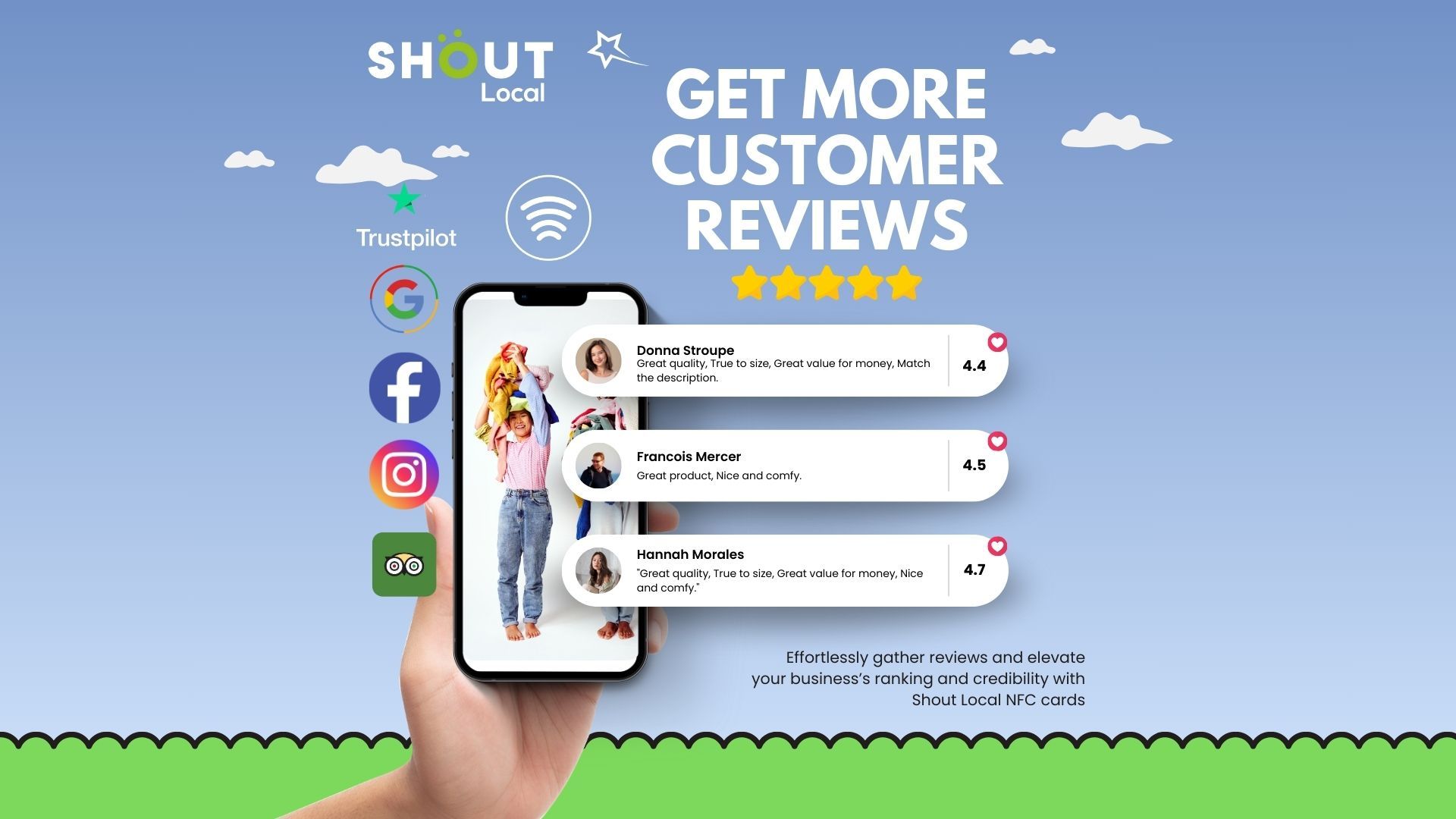Google's AI Overviews and Their Impact on SEO: What You Need to Know
Google’s Introduction of AI Overviews: A Game-Changer for SEO
Google's constant innovation has been a driving force behind the evolution of search engine optimization (SEO). The recent introduction of AI Overviews in search results represents one of the most significant shifts yet. This AI-driven feature is designed to provide users with direct answers to their queries within the search results themselves, without requiring them to click on any links. While this feature enhances user experience by offering fast and direct information, it also poses a challenge for website owners, SEOs, and content creators.
The burning question now is: How will these AI Overviews affect the SEO landscape, and what steps should businesses take next?
What Are Google AI Overviews?
Google AI Overviews use advanced artificial intelligence to generate short, precise summaries of content that directly answer user queries. The AI scans multiple sources, pulls relevant information, and displays a concise summary at the top of the search engine results page (SERP). These summaries are designed to meet user intent quickly, cutting down the time spent searching for answers.
Think of AI Overviews as an evolution of Featured Snippets—but potentially more detailed, accurate, and contextually relevant. While Featured Snippets usually pull from a single source, AI Overviews aggregate insights from various sources, making it more reliable and less dependent on a single site for information.
The Impact on Website Traffic
The introduction of AI Overviews raises a significant concern for businesses: potential traffic loss. Traditionally, SEO practices have focused on ranking high in search results to drive organic traffic to websites. Users searching for information had to click through to a website to get the details they were looking for. However, with AI Overviews delivering the answers directly on the SERP, the need to click through is significantly reduced.
This could lead to a phenomenon known as zero-click searches, where users get their answer directly from the search engine without needing to visit a website. As a result, many sites may see a drop in organic traffic, especially if their content is used to fuel Google’s AI Overviews without any direct attribution or click-through incentives.
How AI Overviews Alter User Interaction
SEO experts have long emphasized the importance of user interaction metrics like click-through rate (CTR), time on site, and bounce rate. However, the rise of AI Overviews could change how these metrics are measured and valued.
Lower CTR: Fewer users may click on organic links if they find what they need within the overview. This could lower the CTR of even top-ranking pages.
Decreased Time on Site: With fewer clicks, users spend less time on websites, which could reduce session lengths, affecting engagement metrics that Google uses to rank sites.
Increased Bounce Rate: If users do click through but find little added value beyond the overview, they might leave the site faster, increasing the bounce rate.
These changes in user behavior could, in turn, affect how Google evaluates websites in the future, altering the factors that contribute to a high ranking in search results.
What Can You Do to Adapt?
While AI Overviews are here to stay, there are several proactive steps businesses and website owners can take to maintain or even enhance their SEO strategies in light of this new development.
Focus on Long-Tail Keywords: AI Overviews are likely to handle short, straightforward queries. To adapt, businesses should focus on creating in-depth content that answers more complex, nuanced queries. Long-tail keywords are less likely to be fully answered by AI Overviews, providing an opportunity for deeper engagement with users who click through for detailed information.
Provide Unique Value Beyond the Overview: If AI Overviews summarize a large portion of your content, it’s essential to offer additional, unique value on your website. This could include detailed guides, case studies, or data that goes beyond the quick answers provided in the overview.
Optimise for User Intent: Understanding the intent behind queries is more critical than ever. Structure your content to align with what users are really looking for—whether they’re after quick information, product comparisons, or in-depth tutorials. Craft content that satisfies both informational and transactional intents.
Improve E-A-T (Expertise, Authoritativeness, Trustworthiness): Google’s AI relies on high-quality, authoritative sources for its overviews. By building a strong E-A-T profile, your content is more likely to be used by Google’s AI as a reliable source. This involves producing expert-driven content, securing backlinks from reputable sites, and ensuring that your website demonstrates trustworthiness.
Embrace Structured Data: Structured data (schema markup) helps search engines better understand the content on your website. This could increase the chances that your content is featured in AI Overviews or other prominent areas of the SERP.
Diversify Traffic Sources: Relying solely on organic traffic has always been risky, and the introduction of AI Overviews makes diversification even more essential. Invest in other channels like social media, email marketing, and paid search to ensure a steady flow of visitors, even as organic traffic patterns shift.
Google’s AI Overviews mark a turning point in SEO, with the potential to disrupt traditional traffic models and change how users interact with search results. While the decrease in traffic may seem concerning, it’s also an opportunity for businesses to refine their SEO strategies, provide deeper value, and focus on long-tail keywords that AI may not fully address.
Here are some useful links to Google's help pages that can assist with understanding SEO, AI-driven changes, and optimising your content for search engines:
Google Search Central (SEO Guide)
This is Google's official SEO guide, providing comprehensive information on optimizing your site for search engines.
About Featured Snippets
Learn more about how Google selects content for featured snippets, which is similar to how AI Overviews might operate.
Understanding Search Engine Algorithms
A guide on how Google's search algorithms work and the importance of relevant and useful content.
How Google Search Algorithms Work
Google's Search Console Help
This page offers assistance in using Google Search Console to track and improve your website’s SEO performance.
Structured Data Markup
Get information about implementing structured data on your website, which can help your content appear in AI Overviews and other rich results.
Google's Quality Rater Guidelines
These guidelines provide insights into what Google considers quality content, which can help with improving your website’s expertise, authoritativeness, and trustworthiness (E-A-T).
Google Search Quality Evaluator Guidelines
Google Search Quality Evaluator Guidelines
Learn about Google's Core Web Vitals, which are key metrics for evaluating user experience and can impact search rankings.
These resources will help you stay up to date with Google's SEO best practices and optimize your content for the new AI-driven features.
Final Thoughts
To thrive in this new era, it’s important to stay agile—by creating more unique, valuable content and diversifying your traffic sources, businesses can navigate this shift successfully and even find new opportunities for growth.
The Mini Media Blog

The Mini Media Blog

All Rights Reserved | The Mini Media Co
The Mini Media Company Ltd
Beaconwood
Bordon Hill
Stratford Upon Avon
Warwickshire
CV37 9RX
Company number 11194674
ICO REF: ZB184523
Terms & Conditions of Business Click HERE
Contact Us
01789 417 897
info @ minimediaco.com
Areas we cover:
Stratford upon Avon, Royal Leamington Spa, Evesham, Redditch, Solihull, Banbury, Cotswolds, Daventry, Rugby, Coventry & United Kingdom.
Privacy click here
















